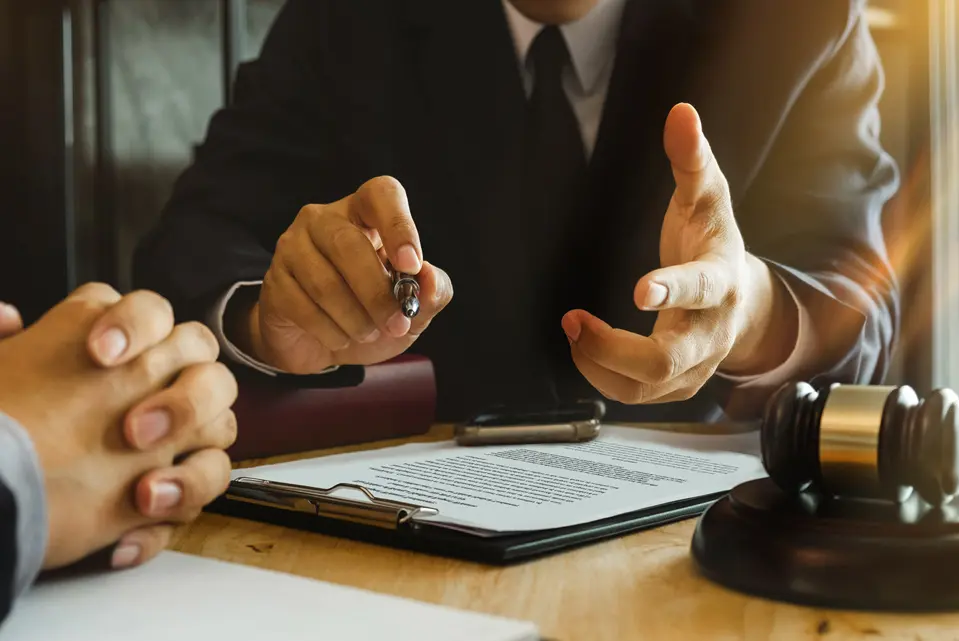

By: AMFS Board Certified Clinical Neuropsychologist
What is Neuropsychology? When there is a question of brain damage or other forms of neuropathology, a neuropsychologist is frequently called in to assess the outcomes. Clinical Neuropsychology is a specialty within Clinical Psychology dedicated to understanding the functional outcomes when the brain has been disturbed. A Clinical Neuropsychologist is a specially trained independent professional who uses knowledge of brain-behavior relationships and specialty assessment techniques to map out brain functioning in an individual.
When should I call a neuropsychologist for my litigation needs? Ask yourself what is the essential referral question. All of the following referral questions would benefit from neuropsychological opinion: Was there a true brain injury? Did the brain injury cause functional limitations? Is this claimant actually mentally retarded? Is the memory decline normal for age? Did the claimant’s previous diagnosis of ADHD or the brain damage have more to do with the impulsiveness? After recovering from the episode of meningitis, is this claimant able to engage in her normal pace of work? Is the seizure disorder debilitating in this individual?
What do the scores mean? For most tests, the midline average of the population will have a standard score of 100 (50th %ile). A score at the 5th %ile means that 95% of similar-age people will score above. A score at the 75th %ile indicates that 25% of the same-age population will score above. But the scores themselves do not tell the whole story. If a rocket scientist scored at the 50th %ile on a test of math calculations, it is likely that the particular score represents some decline. If someone who never went past the 5th grade obtained the same score (50th %ile) on the test of math calculations, it is likely that the score represents an island of strength. The neuropsychologist must decide what the scores mean by analyzing the history of the individual, and then take the scores in context.
Why is the credibility/validity of the findings examined? When it comes right down to it, the most important question in the evaluation is whether you can trust the scores: Are these findings a valid representation of the claimant’s true abilities? No matter which side you are on, this question will be asked by someone. Triers of fact certainly want to know. Without valid scores, no one really knows whether the impairment is severe enough to be truly disabling. The neuropsychologist should be clear-eyed enough to know how to use the detection techniques, apply the established guidelines, and interpret the findings appropriately and without bias. The neuropsychologist should be current on the literature concerning the various aspects of non-credible findings, and how they are interpreted.
What kind of report can I expect? It has been said that the shortest complete report in our field is comprised of three words: “Within normal limits.” Most neuropsychologists, however, will supply a thorough review of the medical records, indicate the relevant history, analyze the mental-cognitive status, review the expectations, analyze the validity, and portray all the findings with integration into the brain pathology questions. The referral questions should be specifically answered.
Why is test security important? Consider one day when your child calls you right before the LSAT exam to say that she knows two classmates who have obtained the test questions. What is she to do? A neuropsychologist will typically refuse to send attorneys “raw data,” meaning the test questions and answers. The neuropsychologist is not trying to be difficult, but to avoid erosion of the very tests on whose findings you rely to get answers to your referral questions! In Detroit Edison v. NLRB the U.S. Supreme Court noted that all experts are bound by the strong public policy of test security. Both of our national academies (American Academy of Clinical Neuropsychology and National Academy of Neuropsychology) have formally supported this position. In practice, the neuropsychologist will be happy to send the raw data to the neuropsychologist the other side has retained.
____________
For further information on neuropsychology, here are some excellent web resources:
The medical expert witness partner for attorneys serious about building a winning case
AMFS is your trusted source for highly-qualified medical expert witnesses. After pioneering the field nearly three decades ago, we’re continuing to redefine medical expert witness services by providing value far beyond a referral alone.
Our Physician Medical Directors know what it takes to build a strong case. Our medical expert witnesses leave no doubt. And our case managers streamline billing and logistics every step of the way, letting you focus on what you do best: constructing your winning case. Explore why AMFS clients expect more from their medical expert witnesses—and get it.
